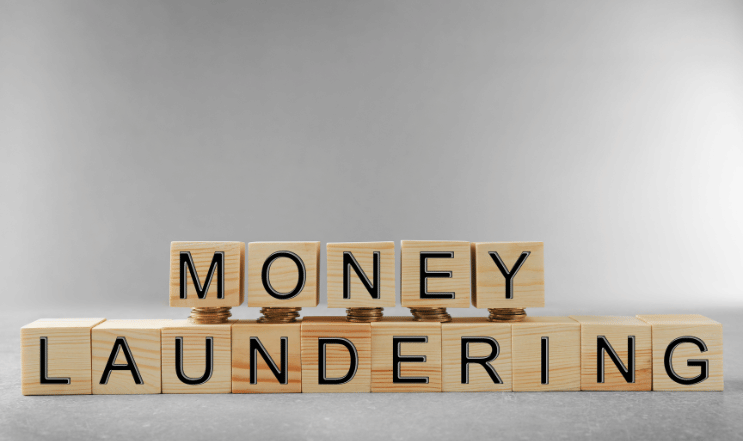
| 

Credit scores influence our financial lives, determining which bank accounts we can open, and which credit cards we might get accepted for when we apply. But not everyone has an amazing credit score, with every option available to them. If you don’t have a decent credit score, then you might be limited as to which financial product you will be accepted for.
Bad credit scores are more commonly caused by defaults in your past which will show up on your credit file when you apply for a new credit card or loan. If you’ve missed payments or failed to pay altogether, then the banks will perceive you as a bad risk and won’t be keen to lend you any more money. The other main group of people who find it hard to access credit are young people, or just people who have left no footprint on the credit records in the past. From the bank’s point of view, how do they assess your likelihood to pay money back when you have no track record? Being in this position is frustrating, but there are things you can do to improve your record, making you more likely to be accepted in the future.
Credit-Building Cards
There are many credit cards on the market which are aimed at people who have either had issues with making payments in the past, or who have no credit record at all. A quick search on Google will display a list of products, offered by a wide range of providers. A good starting point is a soft search, which will indicate how likely you are to be approved for a card before making a firm application. Making too many applications will damage your history even further, so only apply for products which you stand a very good chance of being accepted for. You also have a better chance of being accepted for a card with a lower credit limit, so if you have the option to ask for a set limit, choose £500 or £1000 as a starting point.
Once you are approved for your credit card, then the key is to manage your spending carefully. This is all about showing your bank that you can be trusted to use the card responsibly and not get yourself into trouble with payments. Spend a small amount of between £50 or £100 every month on your card and settle the bill immediately. Even better, set up a direct debit from your bank account to make the payment automatically. Doing this will help you build up a track record with your credit card provider and should boost your credit score too. Don’t expect to see instant results though. It could take between 9 months and a year before you see your credit score start to climb. You should then be in a stronger position to apply for a different card, or a loan or mortgage – always doing a soft search first to check your chances of being accepted.
Other Ways of Boosting Your Credit Score
Getting a basic credit card is probably the best way of increasing your credit score but there are other ways too. Make sure you are on the electoral roll at the address where you are living and apply to see your full credit file to check there are no errors on it. Other actions such as being named on utility bills or having a mobile phone contract in your name can help too. Just make sure you have a process in place for making sure payments are made every month, in full.


